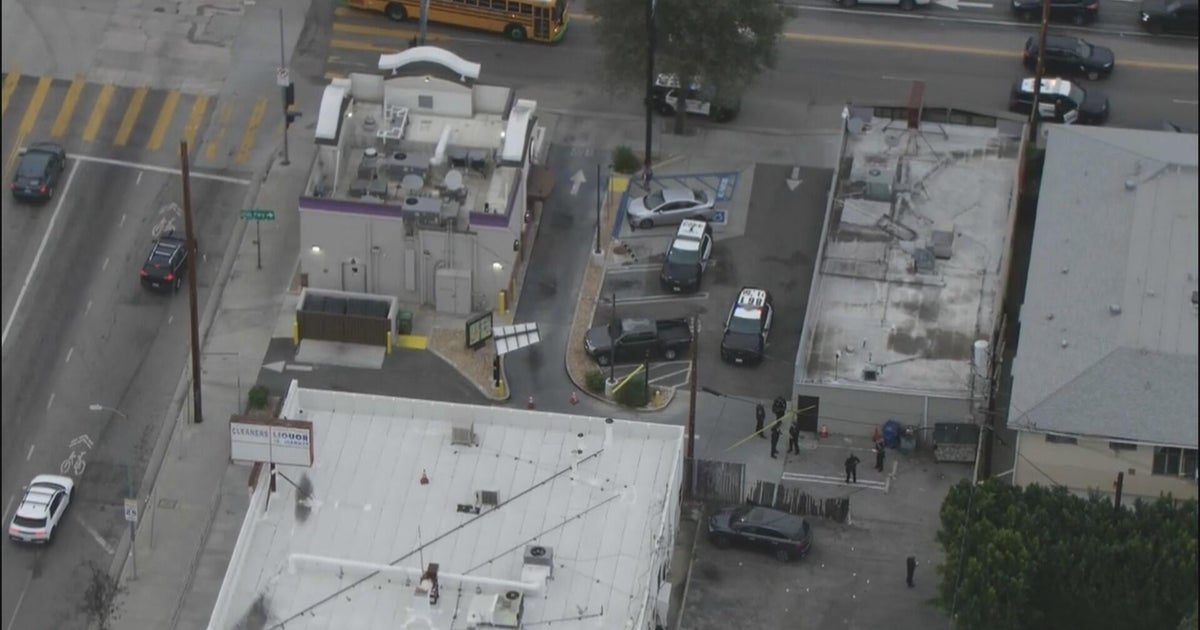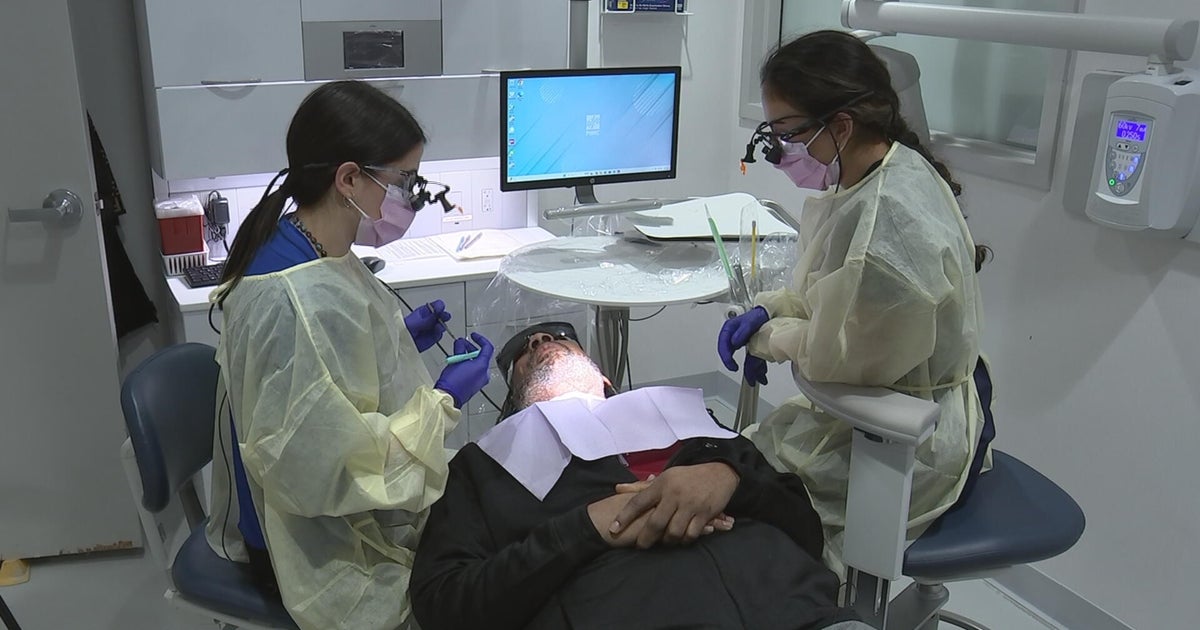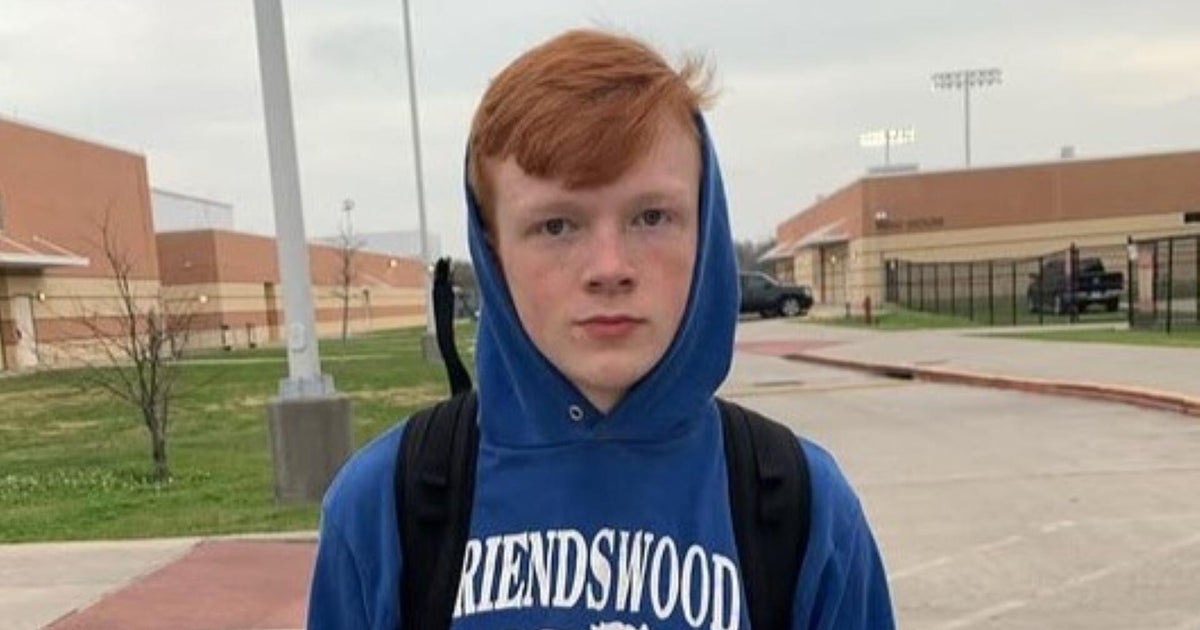Study: Social Networking May Leave Teens Depressed
MIAMI (CBS4) -- Facebook, MySpace and Twitter — most of us are on at least one. In fact, social networking has become such a part of our lives that there was even a movie made about it. New studies suggest that sites that are supposed to keep you connected can actually leave you feeling depressed.
"Social networking is one of the most popular ways of having relationships these days," according to psychology professor Joanne Davila.
Nearly 800 million people worldwide use Facebook and MySpace, where they can constantly make new friends as well as keep up with old ones.
While these sites are supposed to keep you connected, several new studies suggest they may actually leave you feeling more isolated even depressed.
Dr. Davila says there's actually a name for what happens during this process, it's called "social comparison."
"Whose married, whose having children, whose doing well in their career, when you see people having things you don't, or that you have and are not going as well, it can make you feel worse and much more likely to feel depressed," said Dr. Davila.
This is particularly true for younger people said Davila who studied the connection between social networking and depression in teens.
"One of the things we are finding is that there are people who are at a greater risk to the negative interactions in social networking and consequently feeling depressed or sad afterwards," said Davila.
Psychologists say the first line of defense is to not believe everything you read online. Second, don't get wrapped up in the number of friends you have.
Also, avoid focusing on the accomplishments of old rivals. Finally, remember the grass isn't always greener on the other side of the screen.
Davila added that sometimes it's good to step away and get some perspective.
Even if people aren't always thrilled with them, these sites continue to grow. There are now about 800 million users of Facebook and MySpace worldwide.
Blogger Andy Ostroy hates the idea of social network sites like Facebook and Twitter, even though he uses them.
"It's called quote, unquote social networking yet it really just pulls people apart, alienates them, keeps them inside, keeps them from doing anything but actual real social networking," said Ostroy. He thinks they make people phony. "It allows people to say 'I have a thousand friends' and the truth is you don't have a thousand friends. Try calling them at two in the morning when you need something."
Psychologists say to avoid becoming a victim of "social comparison", don't believe everything you read. Try not to get too wrapped up in how many friends you have or don't have and who cares what your high school rival is up to now.







